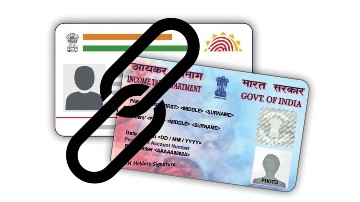The Indian Council of Medical Research (ICMR) has issued new dietary guidelines, advising caution for tea and coffee enthusiasts due to high caffeine content. Developed with the National Institute of Nutrition (NIM), these guidelines aim to promote healthier eating habits.
Caffeine Consumption Limits
ICMR's study highlights potential health risks from excessive caffeine intake, which can stimulate the central nervous system and lead to dependence. The recommended daily caffeine limit is set at 300 mg to prevent these issues.
Caffeine Content in Popular Beverages
Understanding the caffeine content in your favorite drinks is crucial:
-
Brewed Coffee (150ml cup): 80–120 mg of caffeine
-
Instant Coffee (150ml cup): 50–65 mg of caffeine
-
Tea (150ml cup): 30–65 mg of caffeine
Timing Matters
The guidelines also suggest avoiding tea and coffee at least an hour before and after meals. Tannins in these beverages can limit iron absorption, potentially leading to iron deficiency and anemia.
Benefits of Black Tea
While cautioning against excessive intake, ICMR points out that black tea (without milk) can be beneficial. It may improve blood circulation and reduce the risk of coronary artery disease and stomach cancer.
Broader Dietary Advice
ICMR's guidelines advocate for a balanced diet rich in fruits, vegetables, lean meats, seafood, and whole grains. It also advises minimizing foods high in oil, sugar, and salt for better health.
For tea and coffee lovers, these new guidelines emphasize moderation. By managing caffeine intake and timing, alongside a nutritious diet, you can enjoy your favorite beverages while maintaining good health.


.webp)




